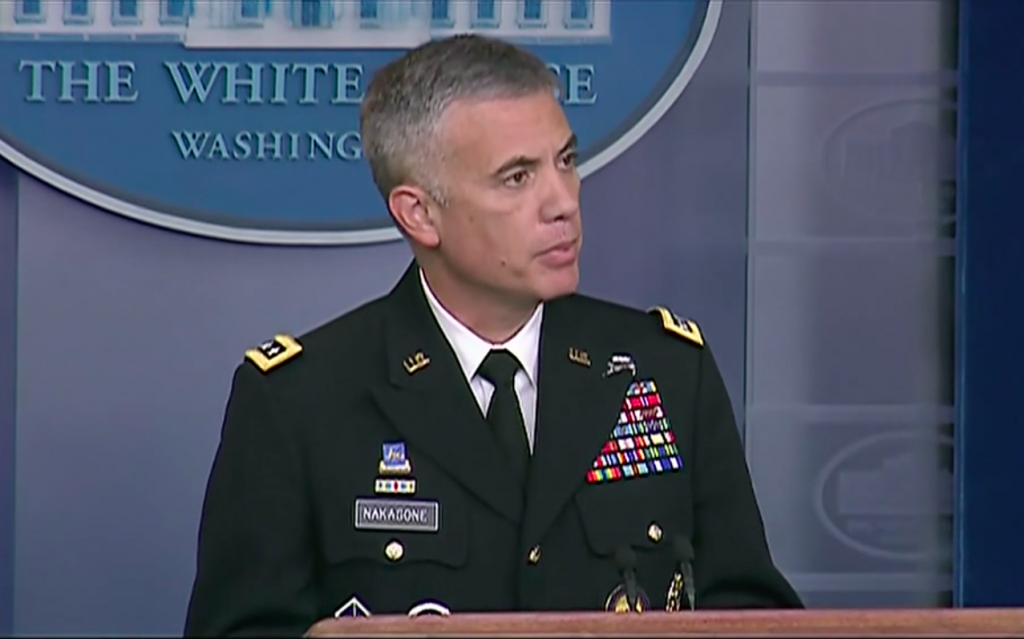BY JAMES TRAUB

What about the fear that a Taliban-controlled government will make common cause with al Qaeda extremists, whom they reportedly continue to shelter? “It is hard to believe these reports,” writes Amitai Etzioni. What about the terrifying consequences to human rights, and above all women’s rights, of a Taliban-dominated government? “The past two decades have taught us … that fixing Afghan politics and society while keeping the Taliban out is beyond our considerable abilities,” notes William Ruger, an Afghanistan War veteran and vice president at the Charles Koch Institute. This is one subject that left and right can agree on.
The Doha agreement provided for talks between the Taliban and the Afghan government to work out the terms of a cease-fire and an ensuing transitional government. Those talks have remained stalled, leading to the fear—the terror, among many Afghans—that the United States would pull out its troops before any understanding had been reached. The “forever wars” crowd claims that a U.S. departure would force the regime in Kabul to get serious about negotiations. Afghan hawks, including the authors of the recent Afghanistan Study Group report, claim, with no more plausibility, that if the United States not only stays but increases its troop strength, it can help foster an “independent, democratic, and sovereign Afghan state” that can suppress the terrorist threat to the West.







